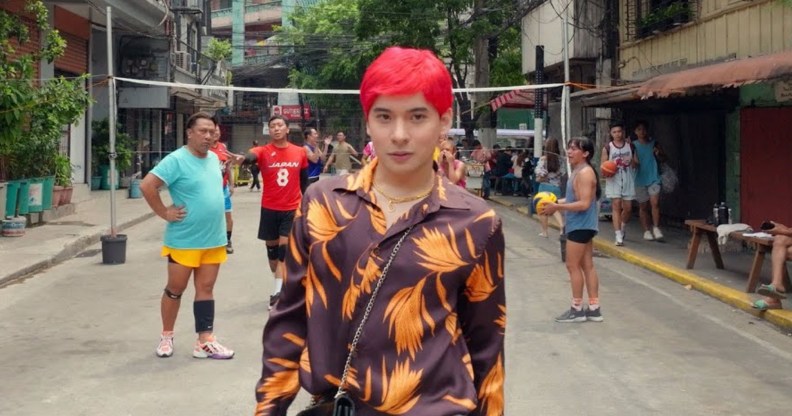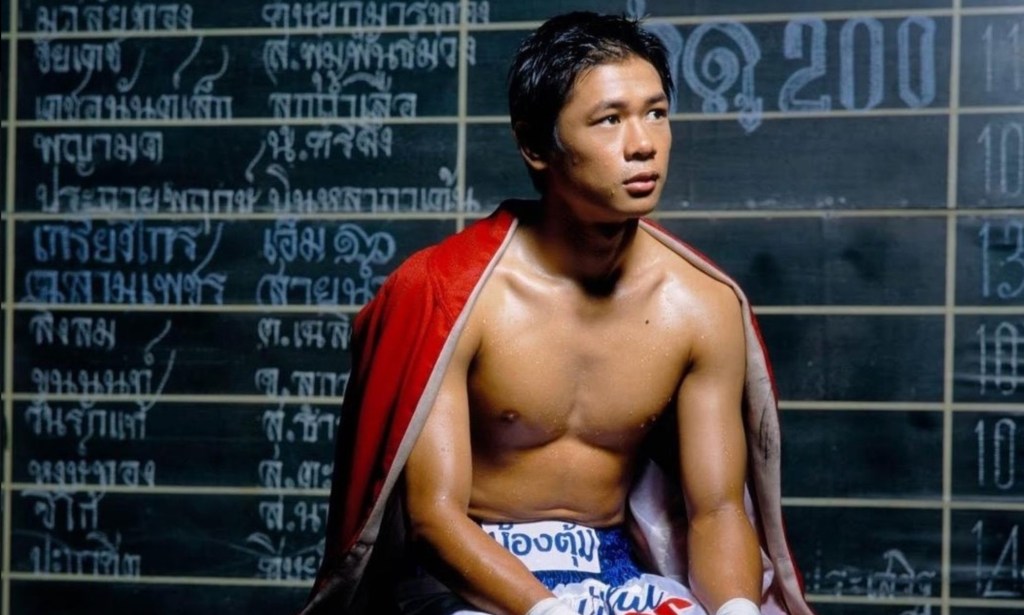Mark your diaries: Queer East Film Festival is back with its most exciting programme yet

Queer East Film Festival returns for a groundbreaking fourth year. (Supplied)
The Queer East Festival is returning for its fourth year with an exciting showcase of LGBTQ+ cinema and performing arts from and about East and Southeast Asia.
Arriving at venues across London this April, the annual film festival will feature 50 films from 18 countries and diaspora communities in a riotous celebration of queer culture. The festival has never been more timely as the regions continue to make landmark progress for LGBTQ+ rights.
Just this week, South Korea announced some legal recognition of same-sex couples, while last year Thailand ratified a bill to became the first Southeast Asian country to legalise same-sex unions, and in October about 120,000 people celebrated Taiwan‘s first Pride since the pandemic.
However, alongside positive strides, there is still work to do with trans rights under attack and HIV-awareness activists fighting to provide life-saving drugs to people who need them.
East and Southeast Asian LGBTQ+ art has been a thriving industry domestically and internationally for the past century. From 20th-century sapphic author Nobuko Yoshiya, who found loopholes in the law to live with her girlfriend in 1957, to Akihiro Miwa, the queer icon, starring in one of Studio Ghibli’s most famous films, 1997’s Princess Mononoke.
And in the UK, actors such as Mei Mac, who starred in the same studio’s stage production of My Neighbour Totoro, founded Rising Waves Mentorship Scheme to support the early careers of British East and Southeast Asian creatives.
Elsewhere, Netflix’s The Bitten Peach, documents the story of the UK’s first pan-Asian drag collective.

What is the 2023 Queer East Film Festival programme?
This year’s festival aims to pay homage to this cinematic history while showcasing an exciting new programme of films.
The festival kicks off at BFI Southbank with the UK premiere of director Perci M Intalan’s (of Unforgettable fame) high-camp comedy I Love You, Beksman. The subversive Filipino film follows glamorous make-up artist Dali, who is forced come out as straight to his disbelieving friends and family after falling in love with Angel, a beauty pageant queen.
The closing gala at Barbican Cinema, meanwhile, is the UK premiere of poignant South Korean documentary Home Ground, which delves into the history of the country’s first lesbian bar, Lesbos.
This year’s festival will also put the spotlight on Korea with a special strand showcasing new and classic cinema. Korean films have seen huge international success in recent years, from the seminal 2016 psychological lesbian thriller, The Handmaiden, to the 2018 queer coming-of-age story House of Hummingbird.
South Korea’s rich history of queer cinema dates back to around the 1960s, with the emergency of era-defining films such as The Pollen of Flowers (1972), which follows a businessman who starts an affair with his male secretary.
Queer East will also screen director Shin Sang-ok’s 1969’s classic A Man and a Gisaeng. A film that’s considered to be well ahead of its time, it follows a man fired from his job who decides to dress as a woman and perform as a gisaeng (an outcast trained to be a courtesan).
Fast forward to the present day, meanwhile, and there’s 5.25m^2, a virtual-reality experience putting viewers in solitary confinement to reflect on director Kim Kyung-mook’s time in prison after he was sentenced to 18 months for coming out as queer and objecting to his country’s mandatory military service.
Queer East Festival 2023 takes place 18-30 April across venues in London. More details can be found here.
How did this story make you feel?

